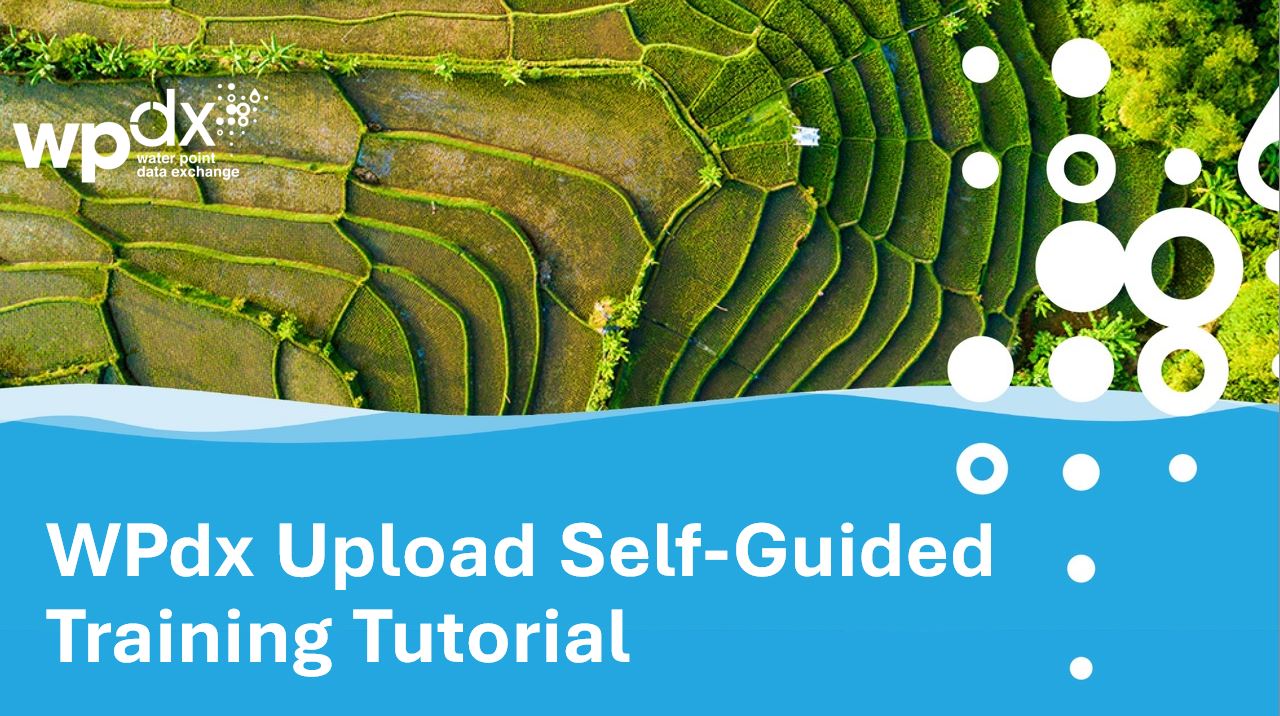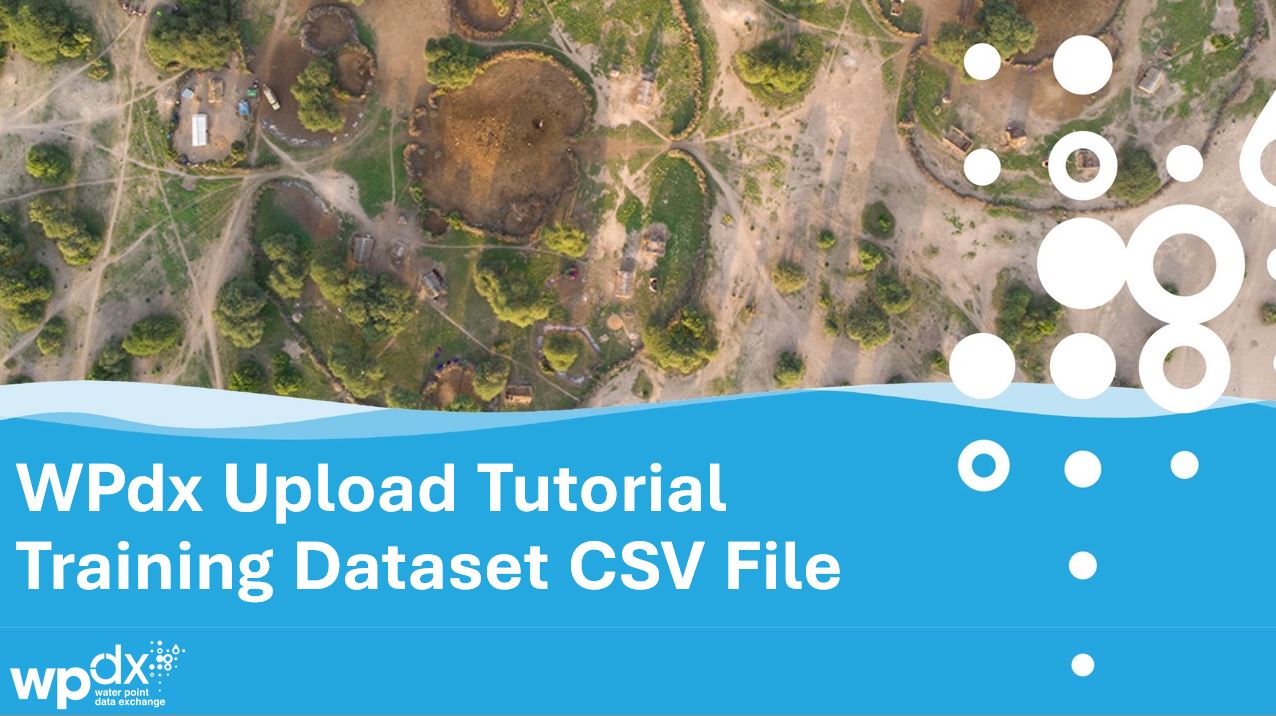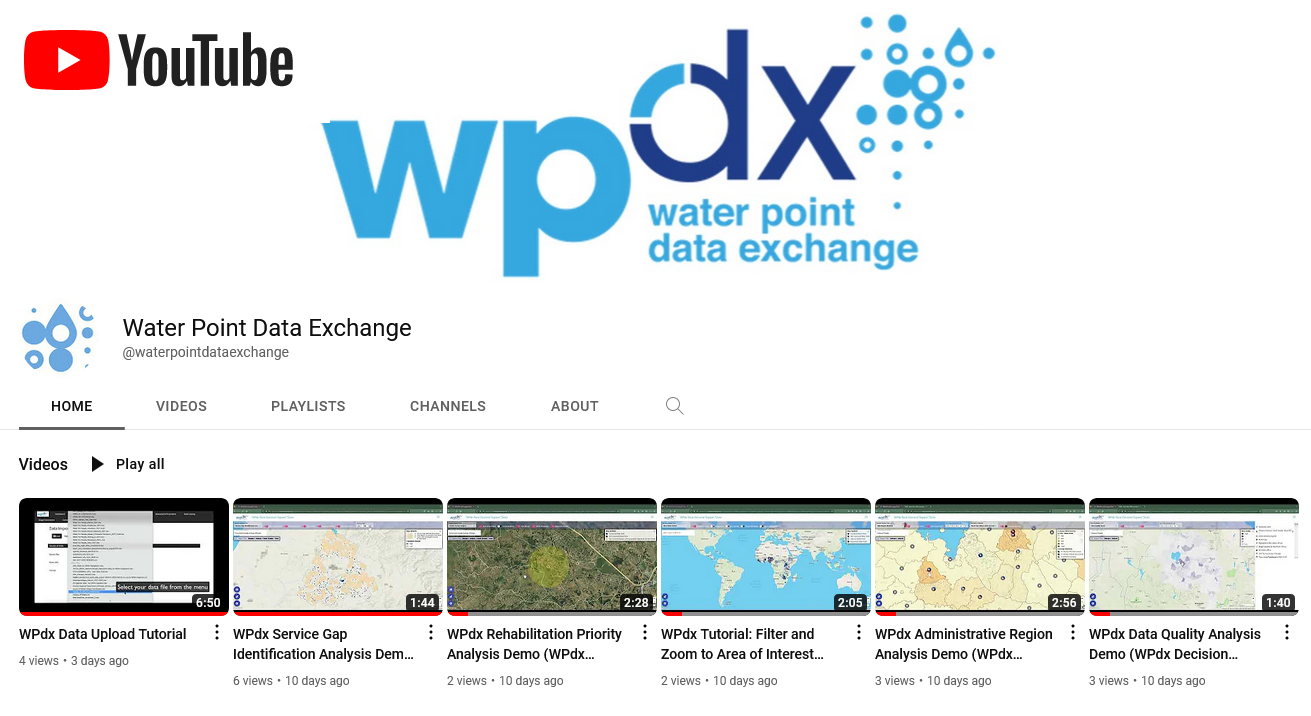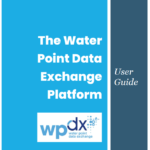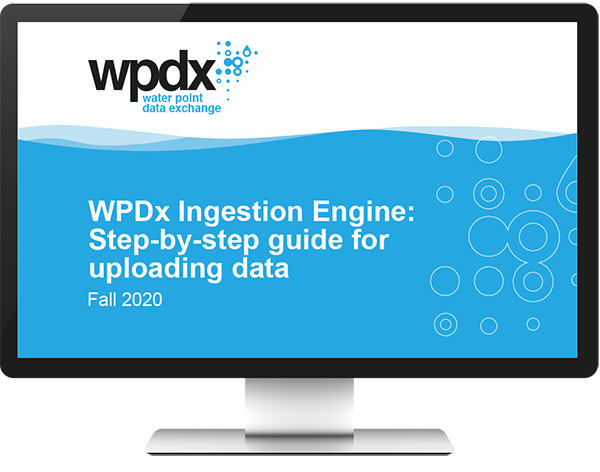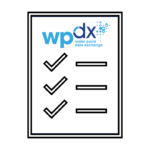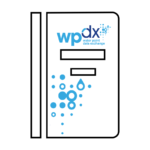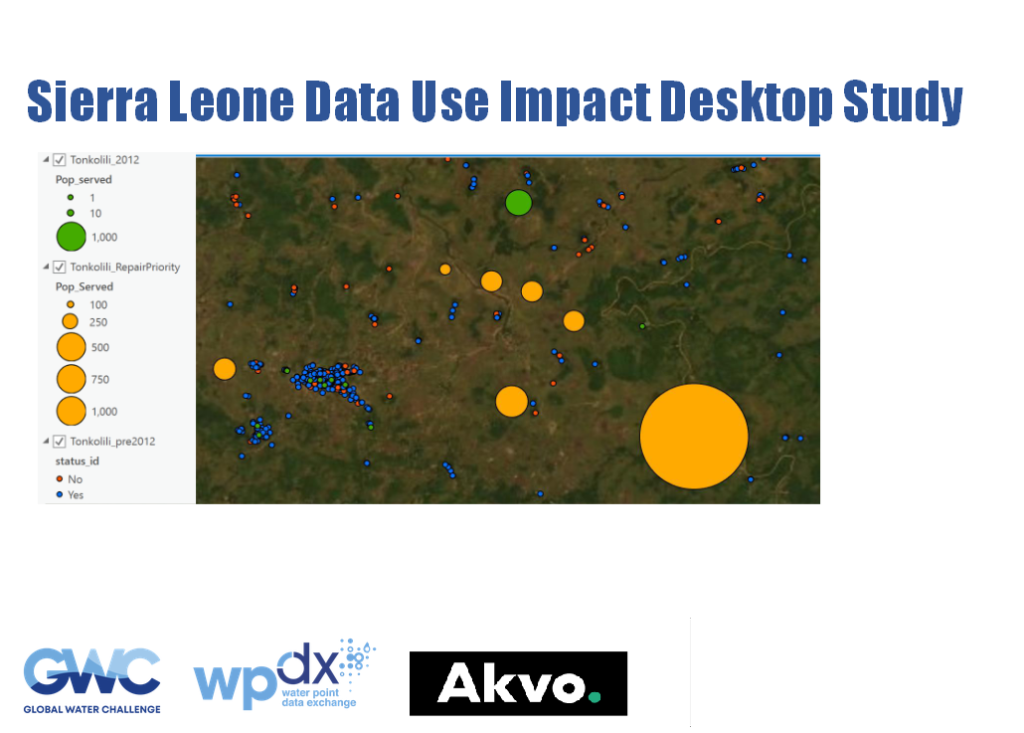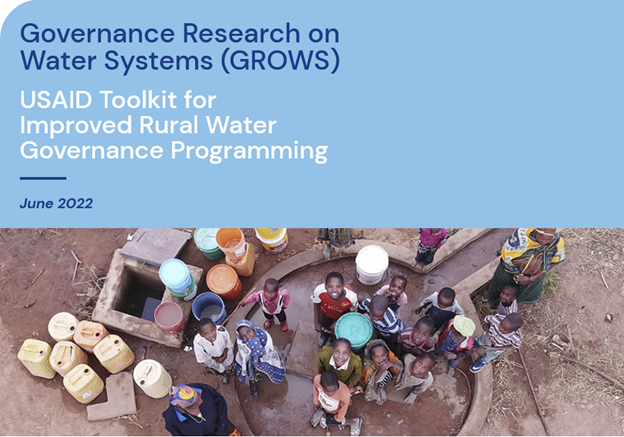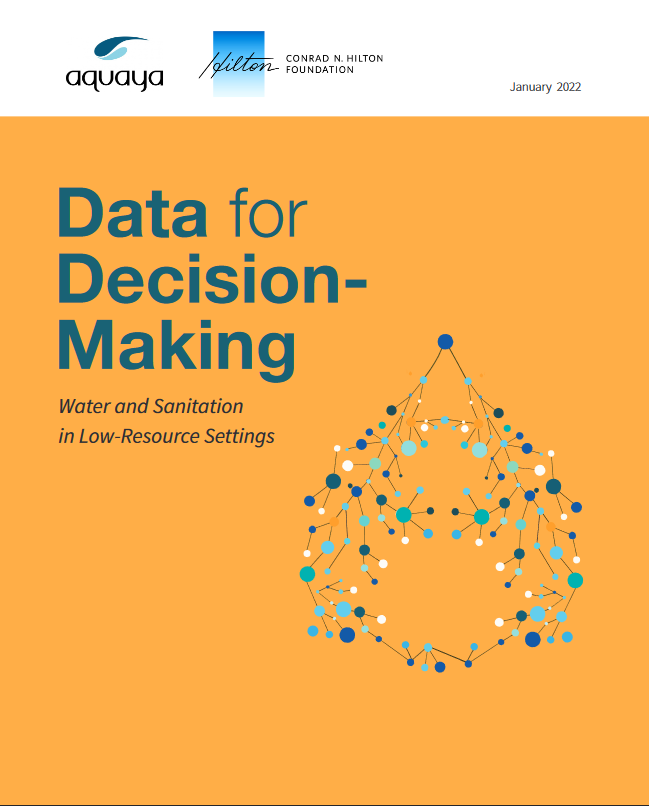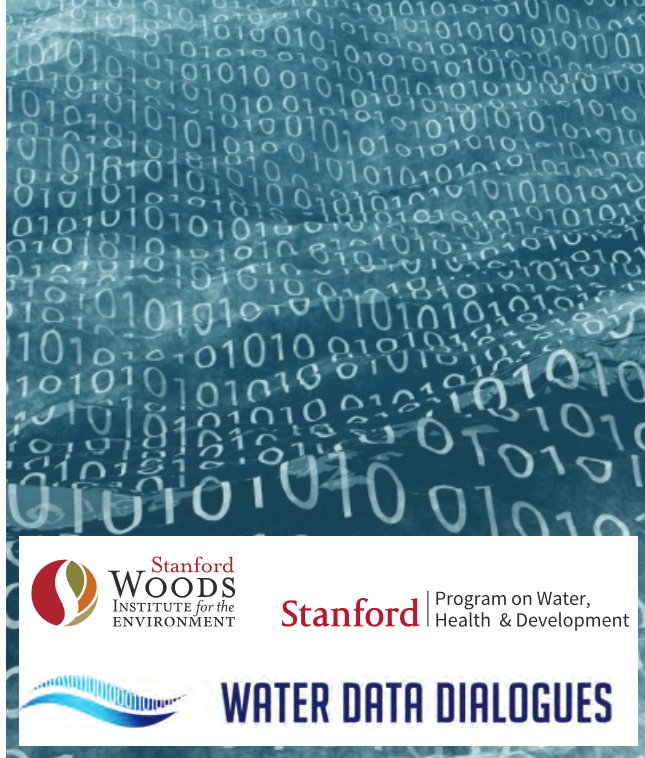Resources
Using WPdx
How-to guides and other platform resources
WPdx in the media
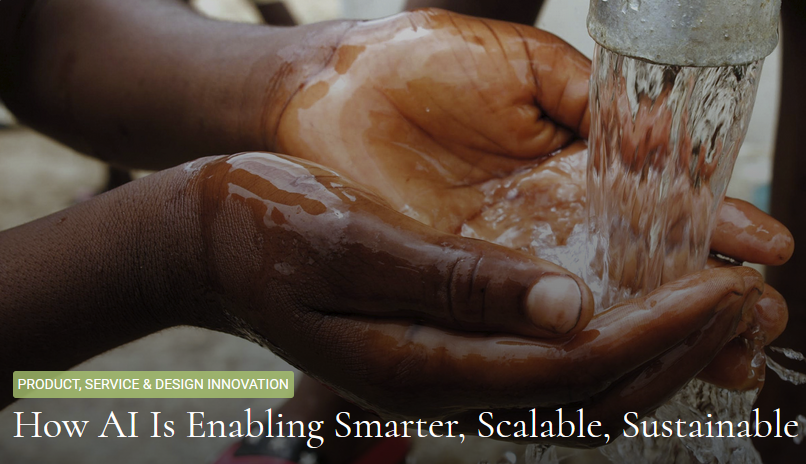
Sustainable Brands: How AI Is Enabling Smarter, Scalable, Sustainable Water Solutions
Recent publications featuring WPdx
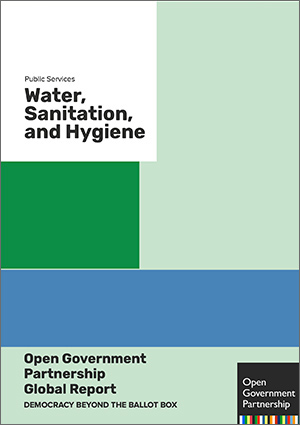
Open Government Partnership Global Report
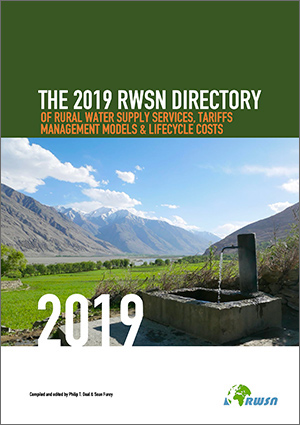
The 2019 RWSN Directory
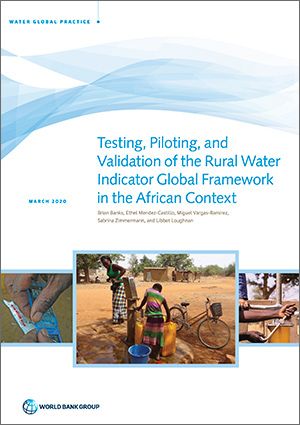
Testing, Piloting, and Validation of the Rural Water Indicator Global Framework in the African Context
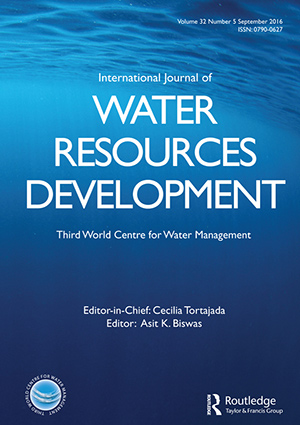
Functionality of handpump water supplies: a review of data from sub-Saharan Africa and the Asia-Pacific region
Frequently Asked Questions
If you are currently using a mobile application to collect water point data, such as Akvo Flow or mWater, uploading to WPdx is a simple process!
Please visit this page to learn how to easily share your data collected using a mobile application.
Sharing water point data increases the effectiveness and impact of data that has been collected. By sharing data with WPdx, national water point data can easily be used by many diverse stakeholders (i.e. local government, donors, NGOs, etc.) to more effectively support government objectives. Transparently sharing this data also allows for benchmarking water services in comparison to other countries. In addition these benefits, WPdx will automatically integrate any additional water point data collected from other sources and provide these updates on water points to the government. This allows the government to have the most updated possible understanding of water services in the country. Sharing water point data increases the effectiveness and impact of data that has been collected. By sharing data with WPdx, national water point data can easily be used by many diverse stakeholders (i.e. local government, donors, NGOs, etc.) to more effectively support government objectives.
Sharing data with WPdx does not impact or change data ownership. As per the “Data Provider Agreement” , the data is simply licensed to the Water Point Data Exchange under the Creative Commons Attribution 4.0 license, available at https://creativecommons.org/licenses/by/4.0/. The original owner remains the owner even after the data is shared.
Any new data, whether new infrastructure or status updates, can easily be integrated into WPdx. New information updates but does not overwrite older information, preserving a historical record of data which has been shared. When new data is uploaded, WPdx connects records from the same water point based on GPS or other information provided by the user (ie, #activity_id) and assigns them the same WPdx_id. If sharing your data from an online database, we request that you keep a running list of entries and do not delete older records to allow for time series data to be included.
WPdx shares information on water points. The only required information is the location, date of information collection, water point type/source, and whether water was present at the time of evaluation. An additional set of commonly collected indicators can provide more information if that information is available. The full standard is available here.
The WPdx standard, available here, has been specifically designed to exclude any information that contains personally identifiable details.
WPdx has made it as easy as possible to share data, and can provide as much support is needed to governments to integrate data at no cost.
Please see our blog post about how to easily share data.
If you have questions or need support in your upload, please reach out to info@waterpointdata.org
There is no cost to share data or access the data.
Stakeholders throughout the water sector can play a role in WPdx, even if they do not own water point data to share. This can include informing water point data owners about WPdx, introducing the WPdx team to different stakeholders, recommending that water point data be shared, and supporting the data sharing process in other ways.
You can use the contact form, available here, to contact the Working Group.
Functionality datasets represent a snap-shot at one point in time. They do not indicate whether sources identified as non-functional will be fixed the next day, the next week or never – sources identified as non-functional are not necessarily permanently out of service.
Further, it is difficult to arrive at a useful comparison of different data sets without considering the context at play in each country/district where data sets originate. See “What factors can influence the long-term functionality of water points?” for more on this.
Data is provided “as-is” from data contributors, noted in the “source” attribute. Any attributes reformatted by the WPdx team are noted in the “converted” field. No additional validation or verification is done by WPdx.
Lastly, data on WPdx has been uploaded by multiple sources and may not be statistically representative of national water point functionality.
You can contact WPdx at info@waterpointdata.org or using the contact form here.

